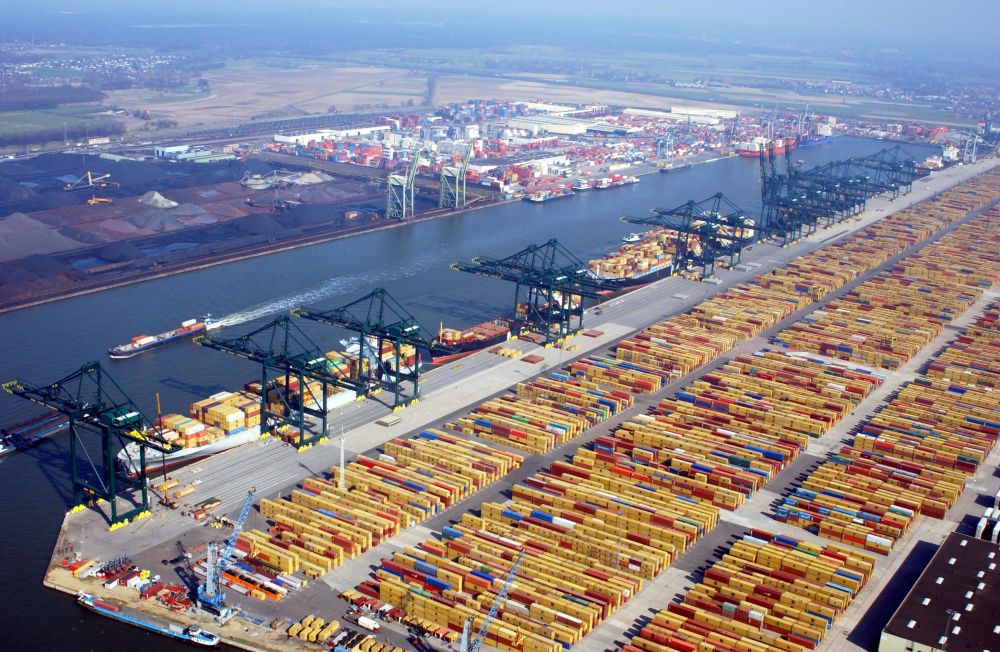Belgium’s Foreign Minister, Maxime Prevot, recently voiced concerns over new U.S. import tariffs, warning that they could significantly hinder the nation’s economic growth. These tariffs impose a 10% base rate on most imports and a steeper 20% on goods from the European Union. The impact is expected to ripple across Belgian businesses, especially those heavily reliant on transatlantic trade.

The United States is Belgium’s fourth-largest export destination, with total exports reaching €33.3 billion in 2023. Products such as chemicals, machinery, and transport equipment dominate these figures. Economists estimate the new tariffs could cost Belgium up to €12 billion—about 2% of its GDP. Prevot also criticized the timing, noting it coincides with U.S. calls for increased defense contributions from its European allies.

The European Union is formulating a collective response, considering retaliatory tariffs on $28 billion worth of U.S. goods. The objective is to present a unified stance while leaving room for negotiation, hoping to avoid a full-blown trade war. The European Central Bank has also flagged the tariffs as a major concern, warning of potential inflation spikes and a slowdown in growth.

For Belgium, this adds to an already fragile outlook marked by domestic political friction and global economic uncertainty. Businesses may face tougher conditions ahead, and the government will have to navigate carefully between preserving trade ties and supporting EU solidarity in facing U.S. protectionism.

#Belgium #Tariffs #USEUTrade #Economy #Politics #GDP #Exports #EU
